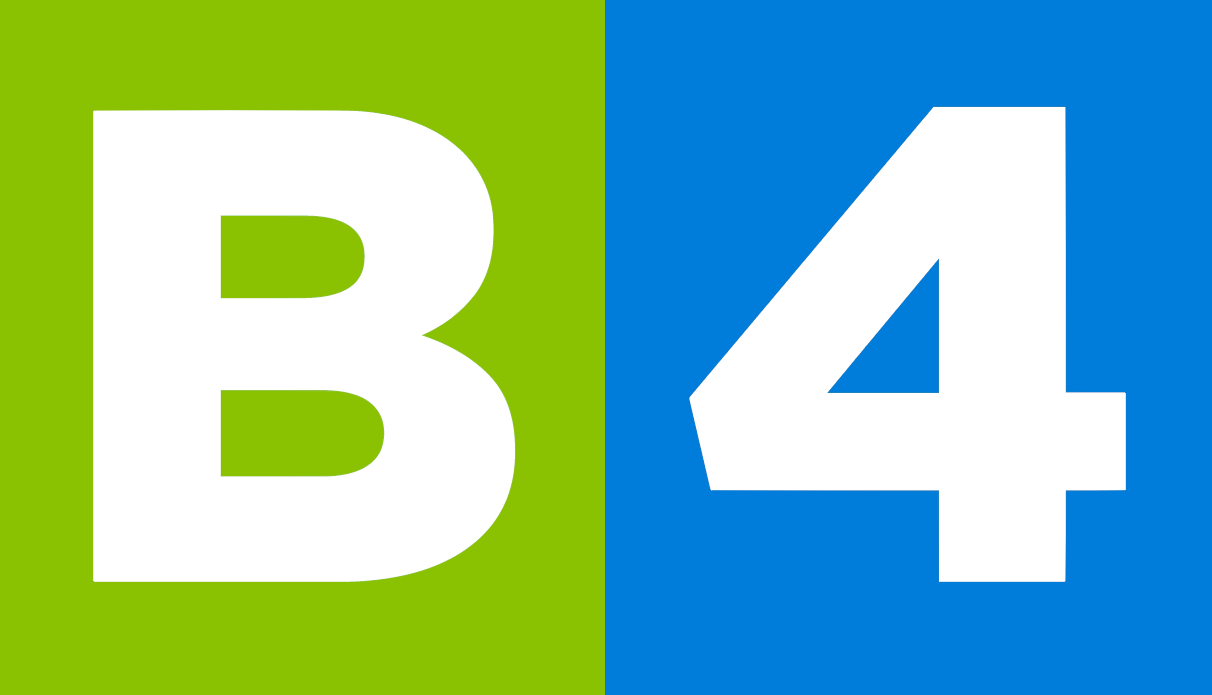
Sale Time
Wellers has helped countless entrepreneurs build and sell their businesses from its offices in Oxford, Banbury, Thame and London. Here, they share some top advice on how to ensure the best price when it comes to sale time.
What to consider
Entrepreneurs understandably get very excited about their business idea, products or services. However, there are many other important things that will determine whether a company secures a good valuation. For instance, when it comes to the sale, a buyer wants to know the figures are trustworthy, so a good back office finance function that generates dependable numbers is critical.
It’s also essential that intangible assets that are unique and integral to a business – the brand, trademarks, copyright, patents, website addresses, research and development – are protected and owned by the company.
Your business must be scalable. For instance, a buyer will be looking for potential to sell what you offer to customers/markets they already know, to sell new products and services to your customers, or to move into a new location or geography.
A business with a recurring revenue model is more attractive than one with lots of one-off sales. So, look at your business – is there scope to build in recurring revenues?
Further to this, business owners must design themselves out of the enterprise. If the company’s success relies heavily on them, buyers will be deterred. Instead, owners should develop a strong management team and systems, so the business runs smoothly when they are not there.
Implementing all of these things may seem daunting, but it needn’t be, especially with the right support. To demonstrate, let’s consider a local example.
In practice
Even when they first set-up Zenos in 2001, running it from their bedroom, George and Sandra Anderson had big plans for the company. They knew their IT training business had real potential, but if they were to fully develop the firm and eventually sell it for a good price, they’d need a vision, business plan, systems and financial rigour. So, they committed to put these in place from day one.
A crucial part of their game plan was their close working relationship with Simon Smith, Partner at Wellers, who’s based at the firm’s Banbury office. Wellers was the start-up’s accountancy firm, but Simon agreed to take the additional and unusual step of acting as FD for the business.
“One of the real perks of my job is working with start-ups and not just seeing them grow, but knowing we are playing an important part in that process,” explains Simon; “When George Anderson showed me the business plan I could see it was phenomenal.”
Zenos provided IT systems management training to highly skilled IT professionals but a government education initiative offered further opportunities for accelerated growth. The Andersons extended the business, providing training to 16-18-year olds. Zenos then set up academies, creating its first in 2006. They enjoyed considerable success with 90% of students going on to get jobs, and so seven more academies quickly followed.
During this time Wellers provided Zenos’ critical day-to-day accountancy support, adapting the services as the company grew rapidly. These included bookkeeping, cashflow forecasting, management accounts and, when the firm took on staff, payroll.
Within 7 years Zenos went from an ambitious start-up to a company with a several million-pound turnover and 100 employees, a headquarters at Aynhoe Park, near Banbury and eight academies around the UK.
Simon sat on the Zenos board during this time, working closely with the senior team to help with strategic planning and implementation in what was a period of fast growth. With their commercial backgrounds at Rank Xerox, both George and Sandra were adept at setting up robust systems for the fledgling business.
They knew that if they were eventually going to sell, it was important to have a firm which could operate without them. That meant a strong management team, good processes and accurate forecasting and reporting. Simon ensured the company’s financial management was just as strong, and that Zenos’ balance sheet didn’t hold any nasty surprises for would-be buyers. This was helped by the Andersons who left the profits in the business to fund its expansion, keeping the firm debt free.
In 2008, all the hard work and preparation paid off when Melorio PLC bought Zenos for approximately £33m and when Melorio itself was sold to Pearson, for £110m in 2010. The Andersons gained once again thanks to their eight percent share in Melorio which had formed part of the original deal.
“It was great to have such a close working relationship with Simon and the Wellers team throughout the Zenos journey from start-up to sale,” said George Anderson; “They were a real extension of our team and undoubtedly helped ensure our vision translated into a very valuable, saleable business.”
Businesses looking to maximise their return when selling will also be interested in the Wellers guide on business growth and expansion download: https://bit.ly/2LiBkQS
More in Accountants
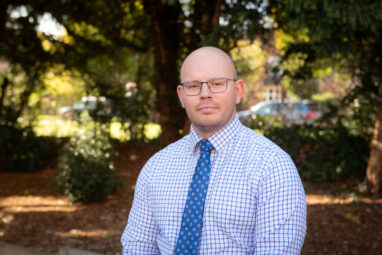
New R&D Tax Relief regulations could leave thousands of businesses at...
In a recent development, tens of thousands of businesses are facing the risk of missing out on crucial Research and Development (R&D) tax relief due to new pre-registration requirements.
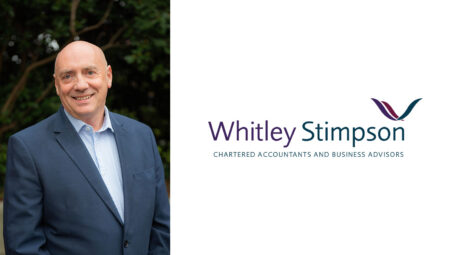
Experts urge businesses to beware of latest VAT changes
Business owners registered for VAT are being reminded to make sure they file their returns and pay on time or face falling foul of new penalties introduced by HMRC.
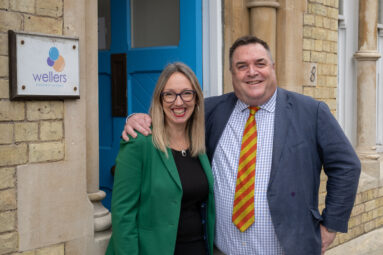
Evolution and Growth for Oxfordshire’s Wellers
Simon Smith takes the helm as Managing Partner
From this author

Evolution and Growth for Oxfordshire’s Wellers
Simon Smith takes the helm as Managing Partner
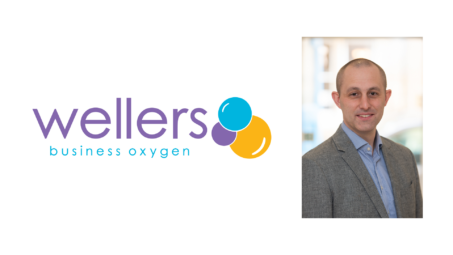
The Spring Budget: What you need to know
Tom Biggs, Associate at Oxford-based accountancy firm Wellers, provides the key highlights from Chancellor Jeremy Hunt’s recent Budget statement.

The Autumn Statement: What does it mean?
Tom Biggs, Associate at Wellers, the small business accountants to SMEs, discusses the Government’s Autumn Statement and what it means for individuals and businesses.
